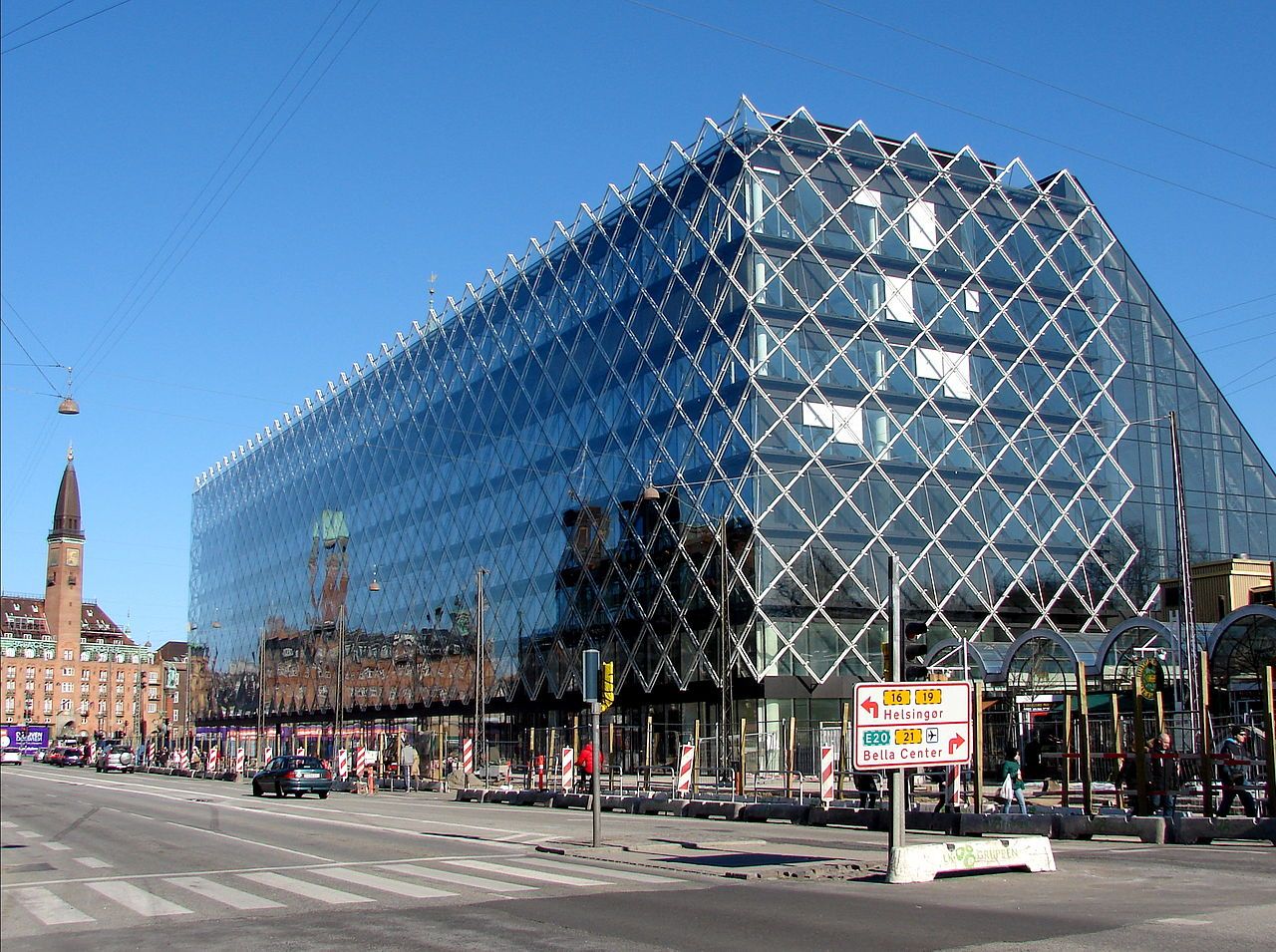The Danish workspace is becoming a cultural melting pot with every 20th employee possessing a nationality other than Danish.
In order to remain competitive on the global market, Denmark needs be able to attract and retain workers from all over the world. And while things are getting better, there is still room for improvement, according to industry advocate organisation Dansk Industri (DI).
”Knowledge of Denmark isn’t very high,” Charlotte Rønhof, a deputy head at DI, told DI Business. ”The language is a barrier too. And you have to remember that the foreign employee often needs to bring along their spouse and children. They need jobs and schooling.”
And there are other issues too. Along with a harsh immigration debate in the public sphere, many foreigners complain that the Danes are hard to get close to. It’s rarer in Denmark than other countries to socialise or invite your colleagues home for dinner.
”We can definitely improve here and it is something that we are working with in our ‘Bright Minds, Great Skills’ initiative, which aims to make Denmark more attractive to highly-skilled workers from abroad,” Rønhof said.
READ MORE: Businesses asking for more international schools
Worth the effort
Danish industrial giant Danfoss are among the companies well aware of the importance of making their international employees feel welcome.
”It’s really important that the companies prepare for having employees from abroad,” Janne Sandholdt, the HR head at Danfoss, said.
”It takes a little more effort to have an employee with a different background, but it is necessary if you, like us, are dependent on recruiting highly-skilled workers and want the best.”
Fact box
DI’s advice to companies:
– Help employees settle in their new country. Not only socially and culturally, but also with practical matters such as schooling for children and spouse jobs
– Be aware that the small things matter, such as food in the canteen. There should be something for everyone, even if they come from a completely different food culture
– Be in control of the processes in connection with recruiting of foreign workers, including rules and procedures. It saves the company money and make the employees feel secure














